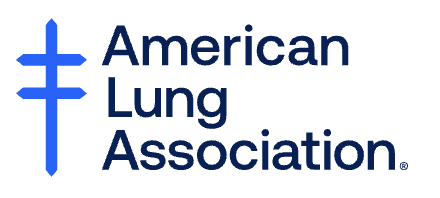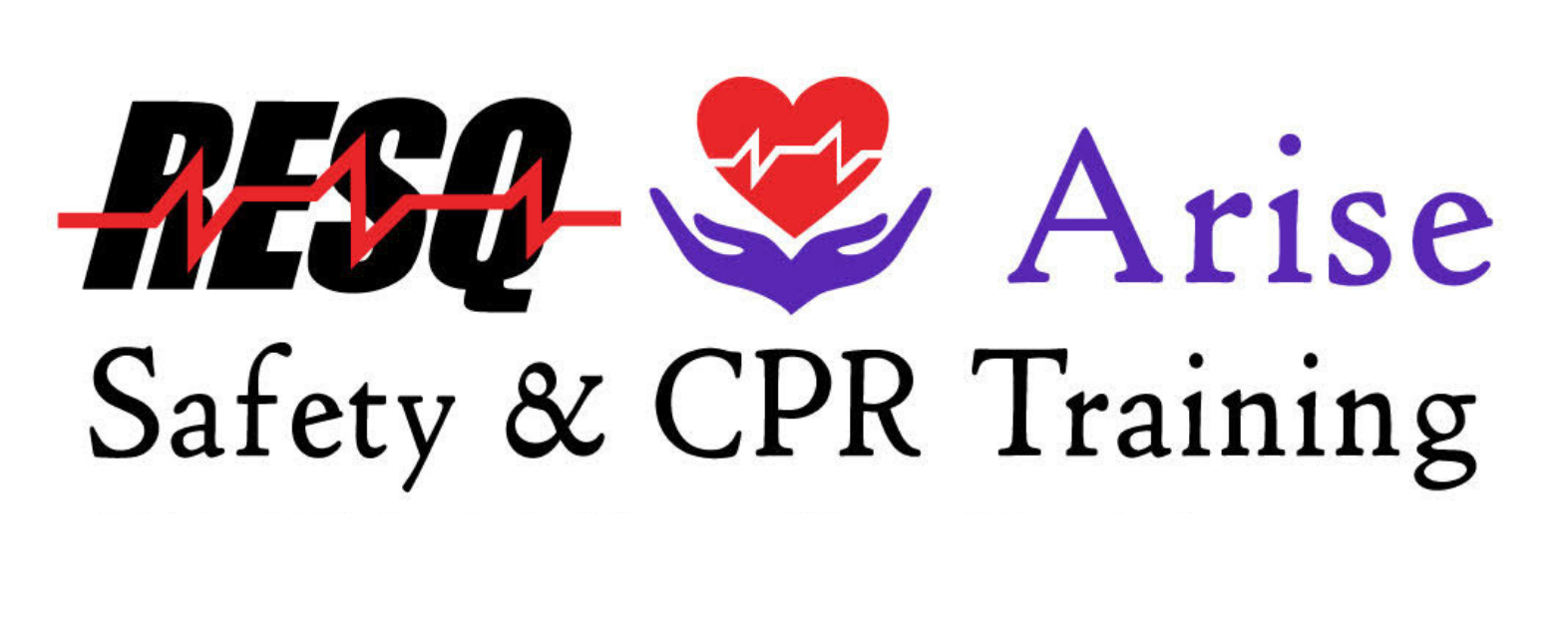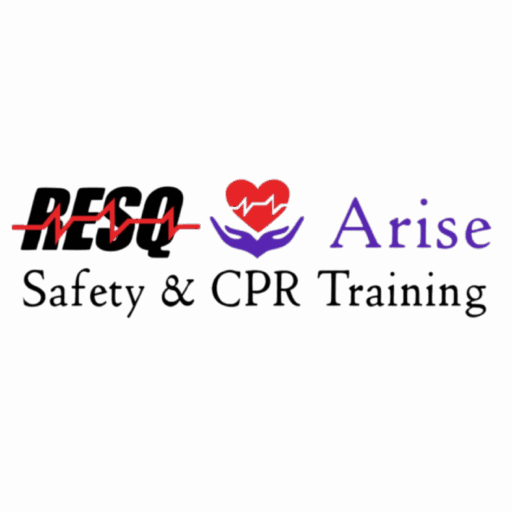Upcoming Classes for Basic TB Validation:
INDIANA TUBERCULOSIS EDUCATION
BLENDING E-LEARNING
HOW TO GET YOUR TB CERTIFICATION WITH RESQ & Arise Safety
BASIC TUBERCULOSIS + TB SKIN TESTING
The American Lung Association of Indiana, in conjunction with the Indiana State Department of Health, provides TB validation classes intended for health care professionals to give TB skin tests, also referred to as a mantoux, and follow-up evaluations.
RESQ & Arise Safety and CPR provides competency validations (aka “skills check-offs”) with a TB education-certified instructor for $90.00.


Complete Part I Online and Register for Competency Validation
- You must first successfully complete the ISDH free IN-TRAIN online:
- Within 60 days, successfully complete the Competency Validation with a RESQ instructor ($90.00)
INDIANA TUBERCULOSIS EDUCATION QUESTIONS
The audience for this course includes, but not limited to licensed clinicians who are caring for persons with or at high risk for TB disease or infection; physicians, nurses, pharmacists, field staff, and other healthcare professionals interested in tuberculosis and the care of the TB patient.
Please follow your policy at your place of work.
This course is provided by the Indiana State Department of Health. The purpose of this course is to present this body of knowledge to healthcare professionals who will be responsible for the diagnosis management and care of patients with tuberculosis.
Course Objectives:
Understand how the history of TB has evolved, and how the challenges of TB contribute to TB rates nationally and globally
Understand the transmission and pathogenesis of TB infection and TB disease; and their impact on high risk groups
Be able to identify and describe the currently used diagnostic tests for TB; including how to correctly classify the TST interpretations
Understand the appropriate treatment regimens for TB infection and TB disease, and the related side effects to the drugs
Understand infection control measures as they relate to TB, including case management and contact investigations

